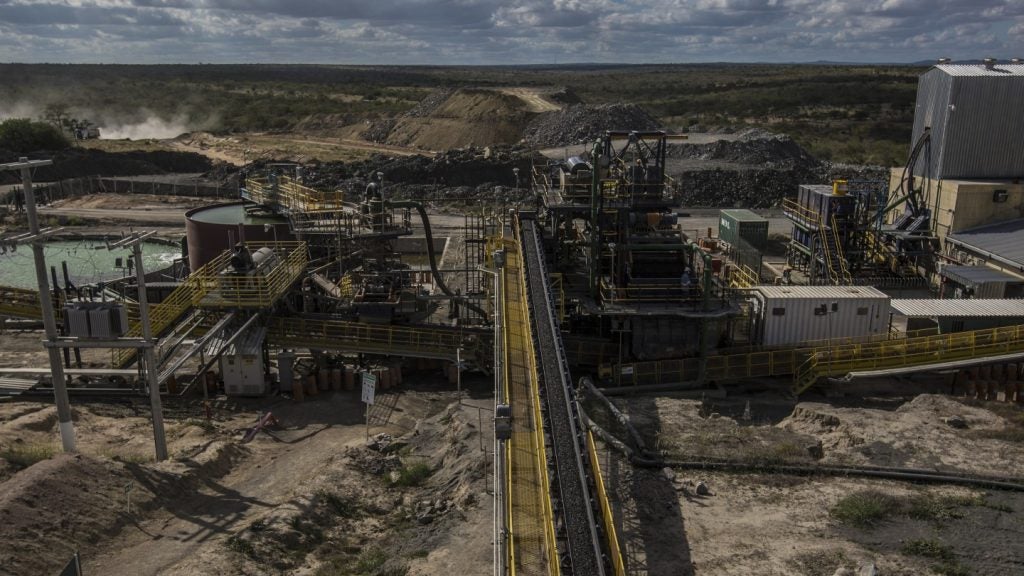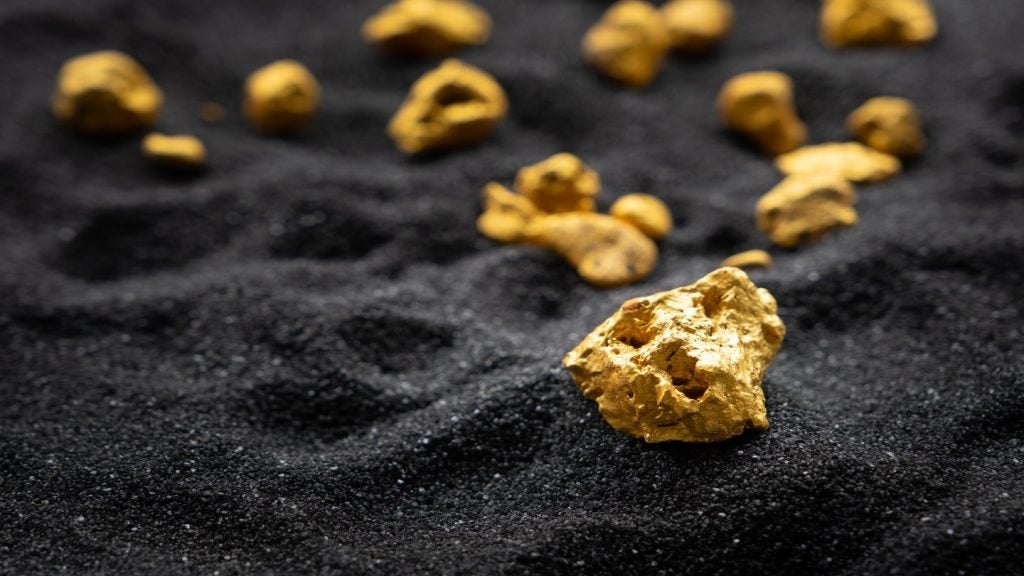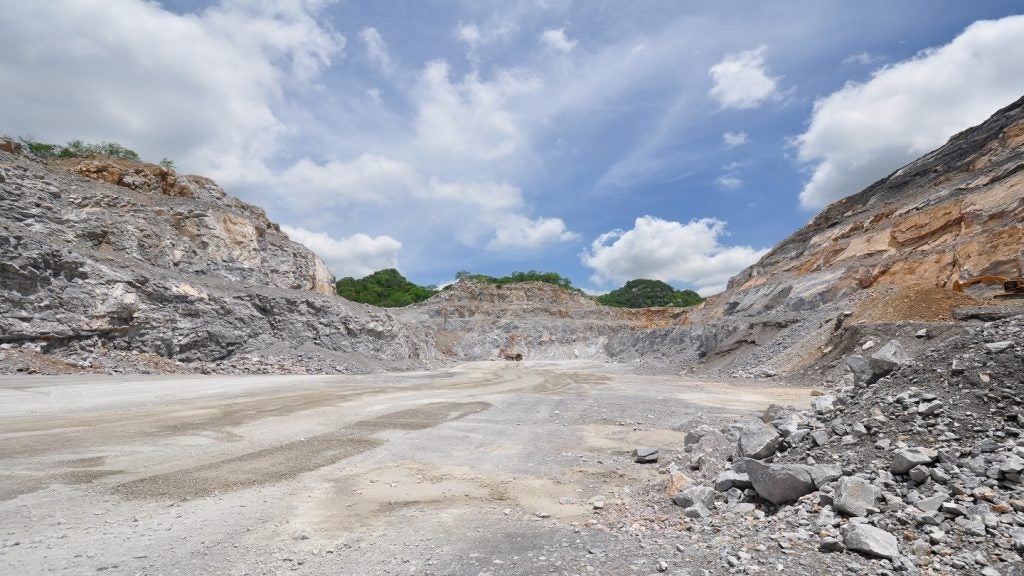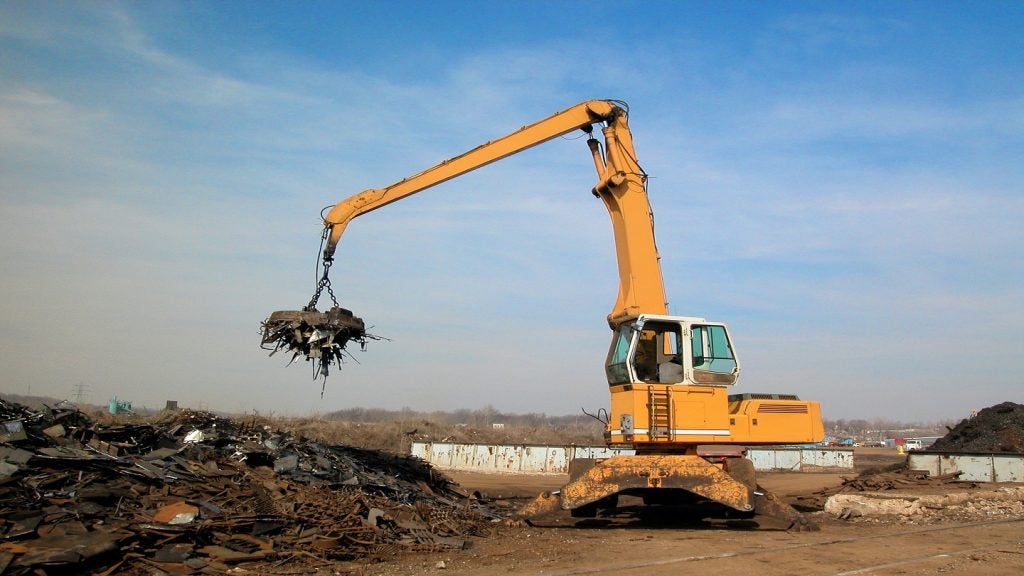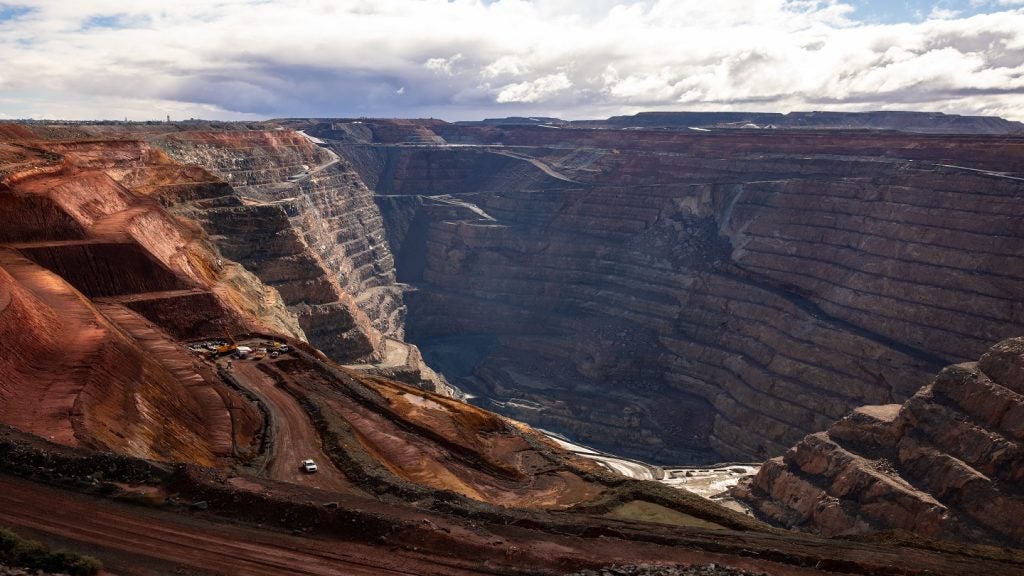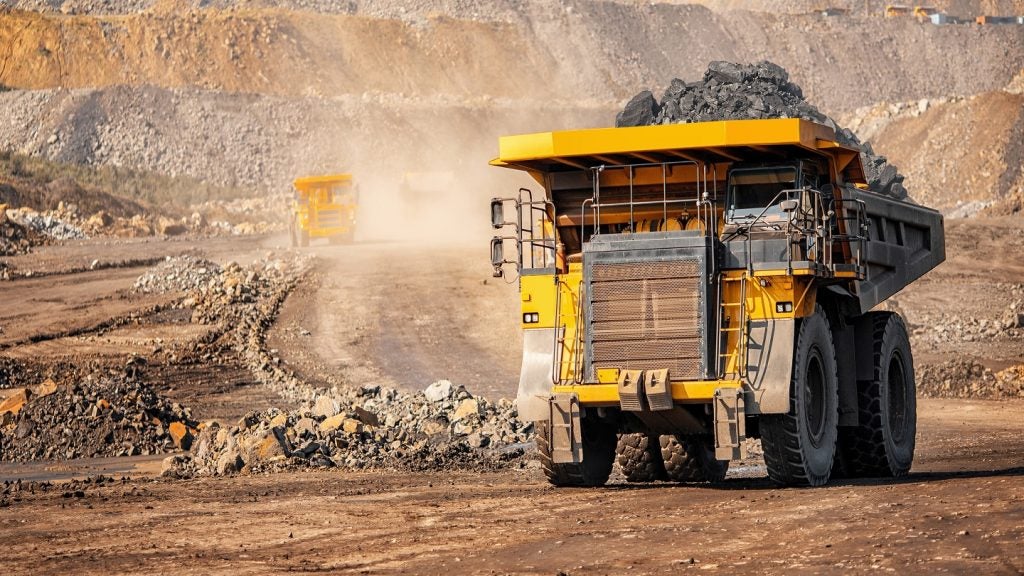More than 100 residents of a traditional Quilombola community in Bahia, Brazil, have launched a legal case in the UK against Brazil Iron Mineração Limitada, a subsidiary of UK-registered Brazil Iron.
Brazil Iron, which describes itself as a “sustainable” mining company, stands accused of inflicting “physical and mental health injuries and environmental losses” among the Mocó and Bocaina communities, some of whom live as close as 150m from the Fazenda Mocó mine.
Leigh Day lawyers originally filed the lawsuit last September.
A month later, the UK High Court issued an injunction ordering the company not to contact claimants except through lawyers, after claimants said two Brazil Iron employees had attempted to harass and intimidate them into abandoning their legal action.
“Not only have these indigenous communities been subjected to consistent and ongoing pollution, they have stated that they have been pressurised into withdrawing their claims in the English court,” said Richard Meeran, head of Leigh Day’s international department. “The purpose of the injunction sought was to prevent this unacceptable attempt to obstruct our clients’ right to access to justice.”
Brazil Iron strongly refutes the claims.
The company says the project in Bahia could save millions of tonnes of carbon emissions each year, as well as create thousands of local jobs, if granted a full licence to mine.
The 103 claimants, however, say the mine’s research has already caused extensive damage, with dust pollution causing respiratory problems among children.
Allegations dating back to 2011 also say that iron ore dust from the mine had settled on the residents’ crops and ruined the harvests.
Bahia has long been sought after by mining companies due to its kilometres-wide iron ore reserves, particularly below the verdant Chapada Diamantina region.
Iron ore is the key ingredient needed to make steel for everything from infrastructure, trains and cars to fridges and food packaging.


